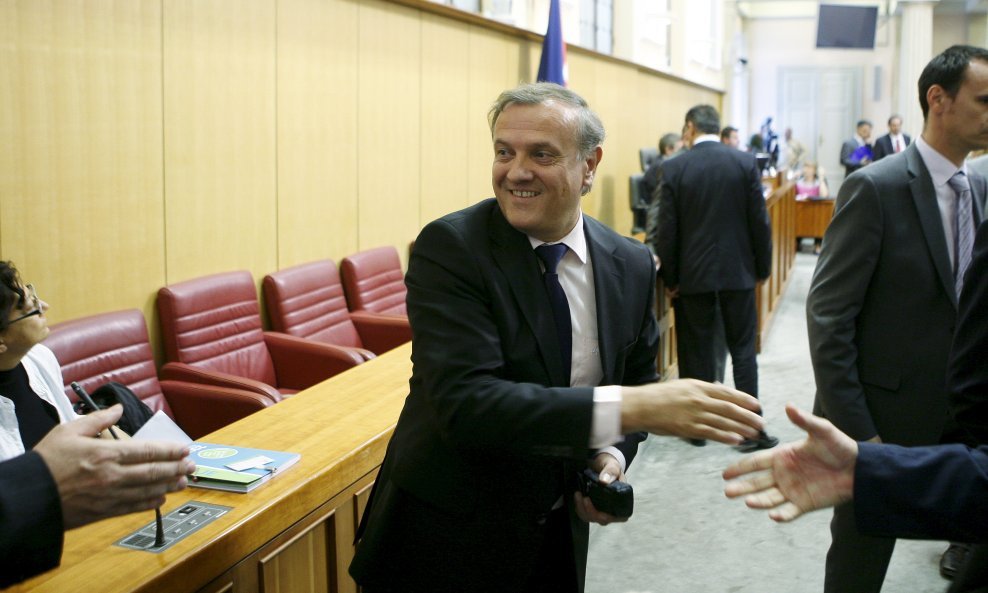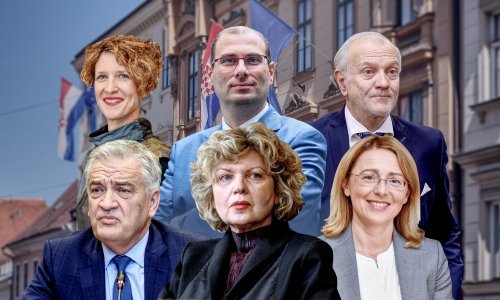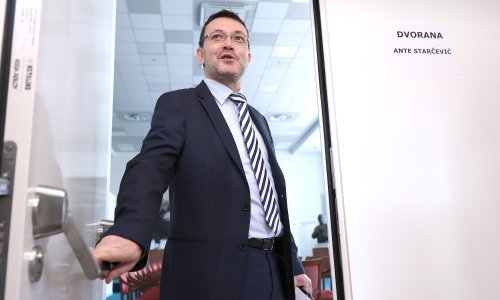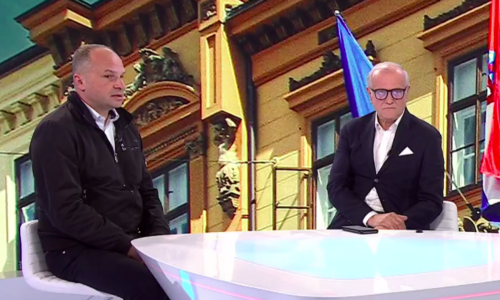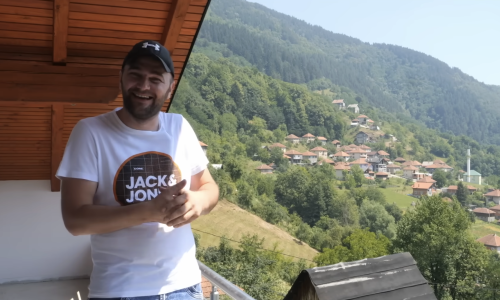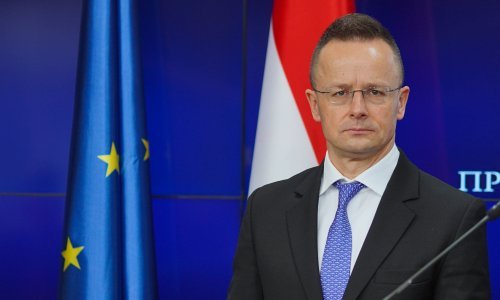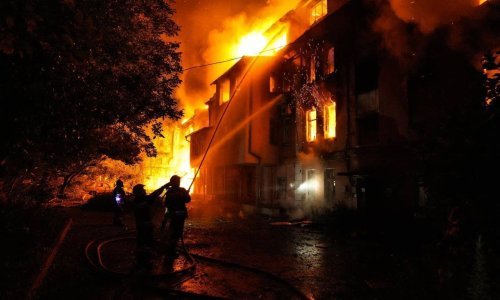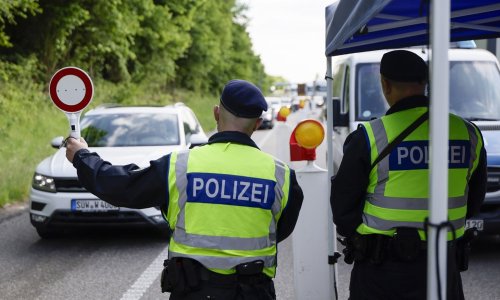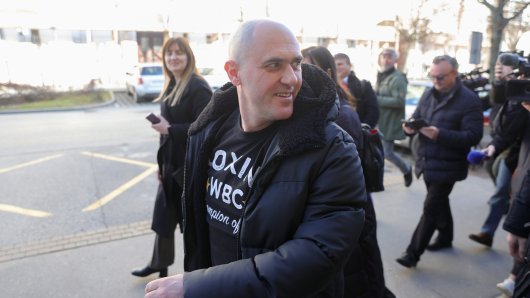Croatian Justice Minister Drazen Bosnjakovic has said that Croatia will be forced to redefine a bilateral agreement with Bosnia-Herzegovina on the enforcement of prison sentences if Bosnian courts continue reducing and even halving jail terms for people convicted by Croatian courts.
"If this happens to be the practice in the future, we will have to redefine the agreement," the Croatian minister said at a news briefing on Wednesday at which he announced an international conference on EU membership effects on the judiciary, which will be held in Zagreb on Friday.
Presenting the conference's programme, Bosnjakovic said he was sorry to see that his Bosnian counterpart Barisa Colak would not be able to attend the event.
Bosnjakovic, however, expressed hope that he would soon have an opportunity to talk with Colak on cases of prison sentence reduction in Bosnia for Croatian convicts who fled to that country as they hold dual citizenship.
The Croatian minister expressed dissatisfaction with a considerable reduction of the duration of imprisonment for Rijeka cardiologist Ognjen Simic, who fled to Sarajevo, his place of birth, shortly before he was sentenced in Croatia to five years in jail for taking bribes and barred from from practicing for five years after serving the term.
The Sarajevo Cantonal Court recently decided to sentence Simic to two and a half years in jail and uphold a ban preventing him from practicing for five years after serving the jail sentence. Simic appealed this ruling and the Bosnian Federation Supreme Court will have a final say.
Bosnjakovic also informed reporters about a package of bills designed to streamline the reform process in the Croatian judiciary.
A draft act on confiscation of property acquired by criminal actions is being prepared, with a special state agency managing that property, according to the minister.
Asked by reporters whether Croatia will follow the example of Serbia in confiscating property from convicted war criminals, Bosnjakovic said that the legal framework made this move possible and that families of victims could seek damages from war criminals.



